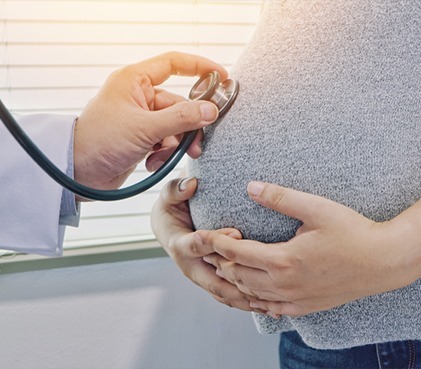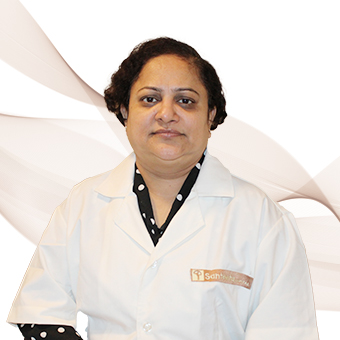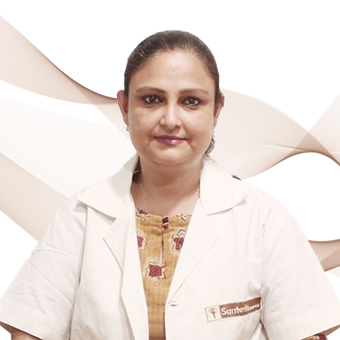Get Support
123-456-789-10
 Book An Appointment
Book An Appointment
 Emergency Contact Number 73600-33390
Emergency Contact Number 73600-33390





Santevita Hospital is recognized as the best obstetrics hospital in Ranchi and home to the best gynaecologist in Ranchi. Our obstetrics department specializes in the comprehensive care of pregnant women, their unborn babies, labor, delivery, and the immediate postpartum period. In addition, our gynaecology services address all aspects of female reproductive health, focusing on the uterus, ovaries, and fallopian tubes.
At Santevita, the Obstetrics Department supports mothers-to-be throughout their pregnancy journey, offering a full range of obstetrical services. Obstetrics encompasses the management of pregnancy, labor, and puerperium (the time right after childbirth). This includes routine as well as high-risk pregnancies, prenatal diagnosis, and treatment. Our team is highly skilled in managing complex pregnancies, including cases with conditions like pulmonary hypertension (PH), placental abnormalities, and IVF conceptions, establishing us as the best choice for specialized care in Ranchi.
In addition to standard ultrasounds for expecting mothers, Santevita also has a dedicated fetal medicine department. Here, pregnant women requiring advanced fetal scans are closely monitored for any risk of life-threatening or disabling conditions affecting the baby. This department is central to our high-risk pregnancy management, reaffirming our reputation as the best obstetrics hospital in Ranchi.
Over the past decade, Santevita’s mother and child unit has successfully delivered over 10,000 babies. Expectant mothers can confidently choose Santevita, knowing they’ll have access to advanced fetal imaging and specialized care for newborns requiring critical attention after birth. With a dependable team and expert gynaecologists, Santevita Hospital is committed to supporting the health of both mother and child, providing the best obstetric and gynaecological services in Ranchi.
Santevita apart from providing normal ultrasound for mothers during pregnancy we have a fetal medicine department for pregnant women requiring high level fetal scans. Fetal medicine is pregnancy care where the baby has (or is at risk of developing) life-threatening or disabling conditions.
Santevita mother and child unit in the last ten years has successfully delivered more than 10,000 babies. Mother’s can deliver with full confidence at Santevita because whether they need advanced fetal scans during pregnancies or in case the newborns require critical care after delivery we have a strong and dependable team to cater to all kinds of situations.
Treatments We Offer
- Normal Vaginal Delivery (NVD-Forceps/ Vacuum/ Kiwi)
- Water Birthing
- Painless birthing system
- High Risk Pregnancy Care
- Antenatal and Postnatal care
- Lower Segment caesarean Section (LSCS)
- Fetal Medicine
- Team of midwives for normal deliveries
Our Experts / Doctors














